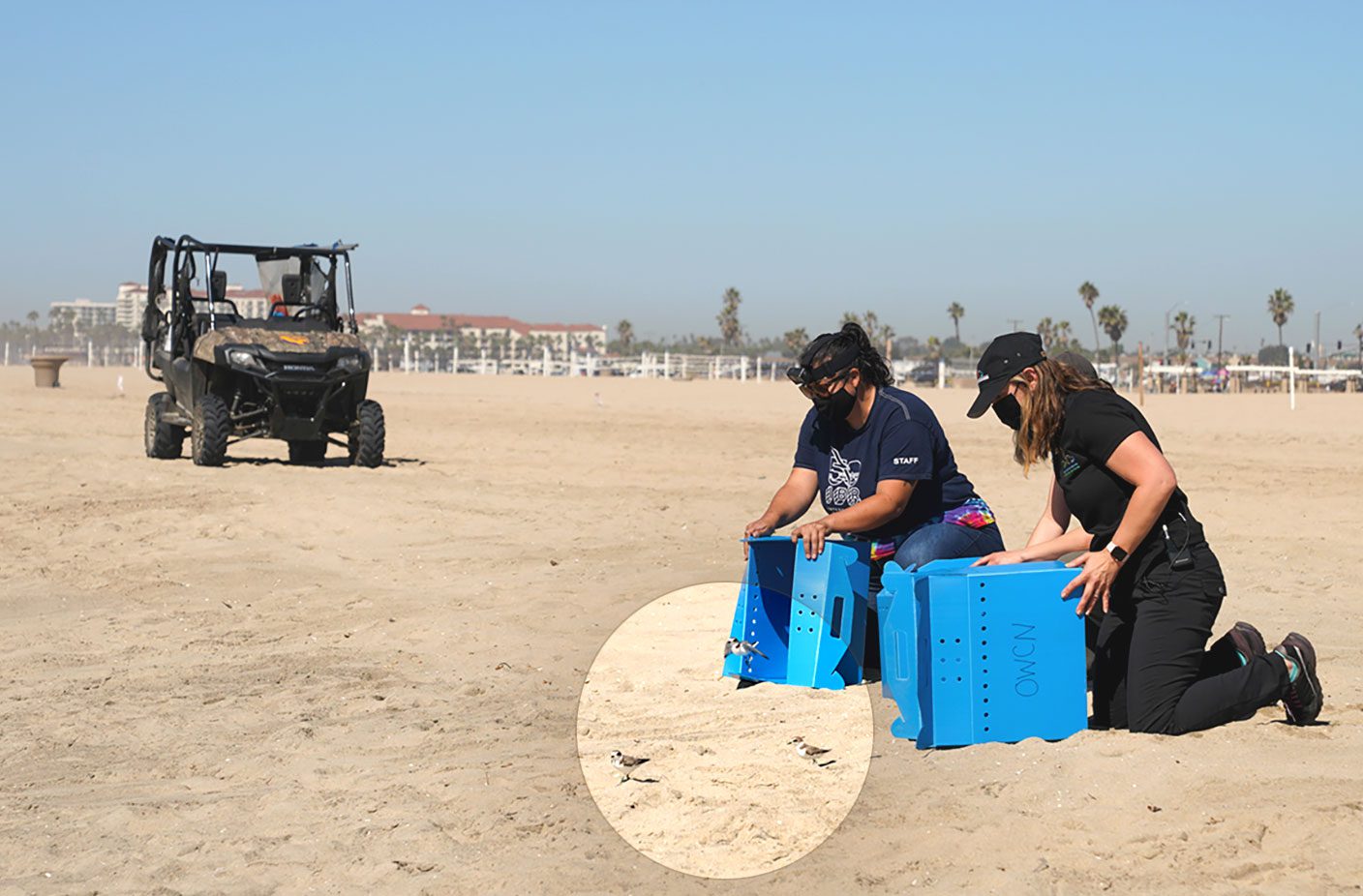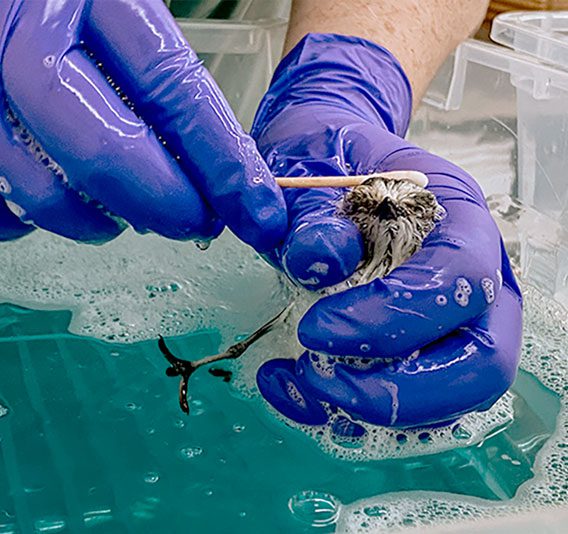Migratory Bird Treaty Act Sees Incidental Take Protections Reinstated
By Gustave Axelson
December 21, 2021
From the Winter 2022 issue of Living Bird magazine. Subscribe now.
In October, the U.S. Fish and Wildlife Service published a final rule to revoke the prior Trump Administration’s action that removed incidental take from the regulatory authority of the Migratory Bird Treaty Act. The announcement came just as an oil spill gushed off the California coast, underscoring the importance of a strong MBTA that protects birds from negligent industry actions that result in mass kills.
For most of the past five decades, both Republican and Democratic presidential administrations interpreted the MBTA to prohibit the killing of birds without permits, including bird kills through negligence, aka incidental take. The MBTA triggered $100 million in penalties against the companies responsible for the Deepwater Horizon oil well blowout that killed 1 million birds.
The Trump Administration reinterpreted the MBTA to regulate only intentional acts that kill birds, and finalized an action to exclude incidental take in the administration’s final days in January 2021. The incoming Biden Administration announced its intent to restore the MBTA, and after months of administrative processes the USFWS published its final rule reinstating incidental take in the Federal Register on Oct. 4, 2021.
Just two days earlier on Oct. 2, about 25,000 gallons of crude oil gushed from a ruptured pipeline into the Pacific Ocean off the California coast, with oil washing up on the shores and in wetlands around Huntington Beach. More than 100 birds and mammals were recovered by the Oiled Wildlife Care Network, including Western Gulls, Western Grebes, Sanderlings, and federally threatened Snowy Plovers. But there will be no MBTA penalties for the pipeline’s operator, a subsidiary of Houston-based Amplify Energy, because the restored incidental-take rule didn’t take effect until Dec. 3, 2021. (A USFWS spokeswoman pointed out that other federal laws, such as the Endangered Species Act and Oil Pollution Act, as well as state laws could still apply and be enforced.)

Two days before the Migratory Bird Treaty Act’s incidental-take protections were reinstated, an oil pipeline gushed crude off the California coast. Wildlife responders at the University of California, Davis Oiled Wildlife Care Network rescued dozens of oiled animals, including six Snowy Plovers that were cleaned of oil. Photo courtesy of UC Davis. 
After being washed, the rescued Snowy Plovers were rehabilitated in makeshift habitat and eventually released at Huntington Beach. Photo courtesy OWCN/UC Davis.
Even if the MBTA can’t be applied to the Huntington Beach oil spill, the future looks better for the more than 1,000 bird species protected by a now-stronger Act, says Amanda Rodewald, senior director of the Cornell Lab of Ornithology’s Center for Avian Population Studies. Rodewald submitted four scientific comments to the Interior department from 2018 to 2021 supporting incidental-take enforcement during various MBTA rulemaking processes across the Trump and Biden Administrations.
“Industry represents the largest source of human-caused mortality for migratory birds and kills up to 1 billion birds per year. By restoring provisions to enforce incidental take, the Department of Interior reestablishes the Act’s power to incentivize industry to use practices that proactively reduce risk to birds and reaffirms our nation’s commitments to international treaty partners,” says Rodewald.
In its October 2021 announcement, the USFWS and Department of Interior also launched a new rulemaking process to create an MBTA incidental-take permitting program that would give companies an allowance for accidental bird kills, if those companies take steps in advance to mitigate harm to birds from their operations. The idea is to go beyond reactive penalties and create another incentive encouraging companies to take precautions upfront to prevent bird kills. “
I applaud the Interior for strengthening the Migratory Bird Treaty Act’s ability to protect bird populations by establishing a new permitting process,” says Rodewald. “North America has lost 3 billion birds in just the past 50 years. The science is clear. Restoring status quo isn’t good enough. We need to do more to protect birds.”

All About Birds
is a free resource
Available for everyone,
funded by donors like you
American Kestrel by Blair Dudeck / Macaulay Library



